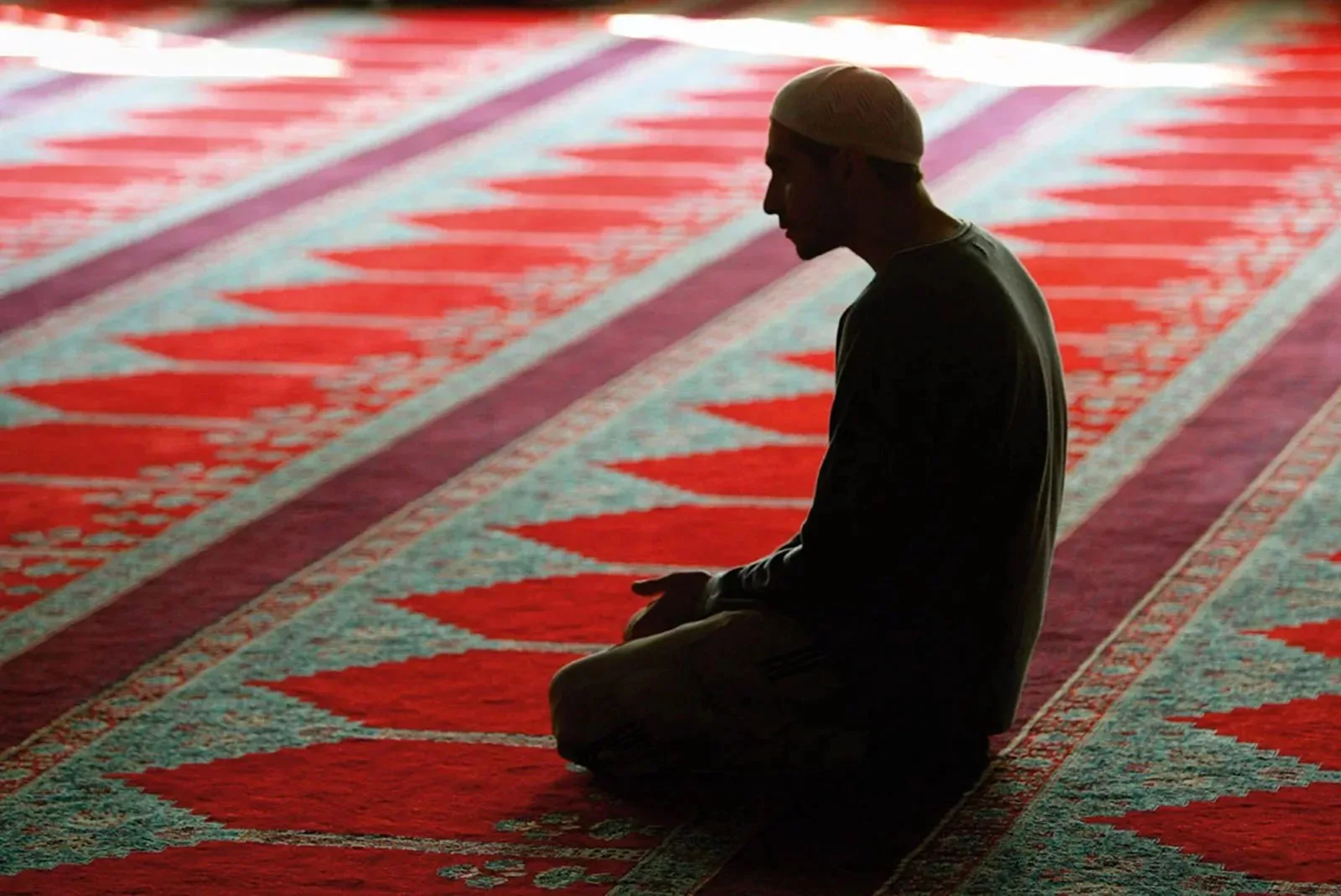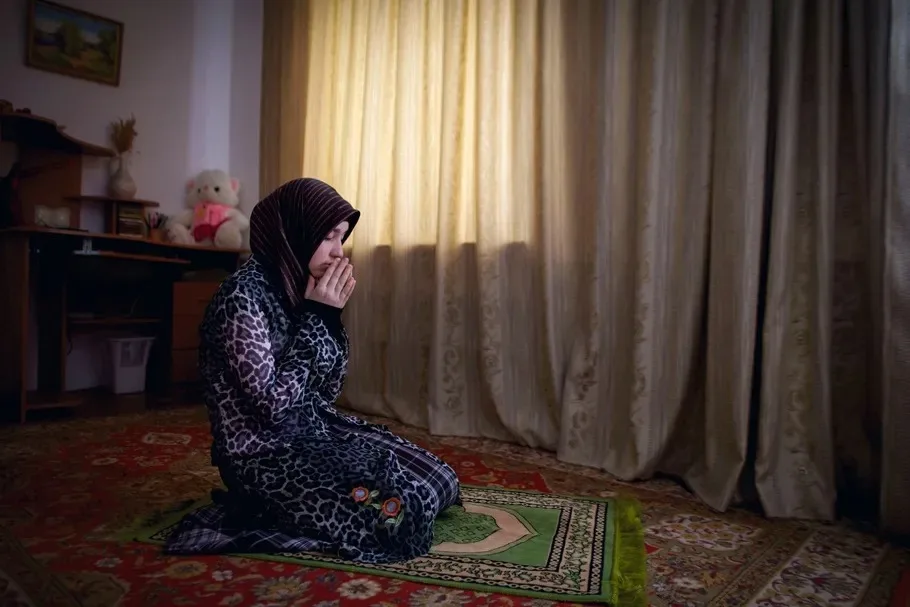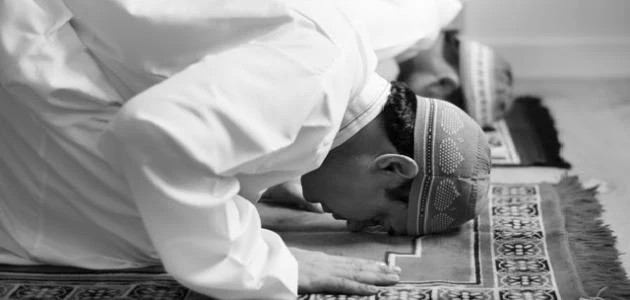Praying istikhara is an essential practice for Muslims seeking guidance from Allah when making important decisions. Istikhara is a form of supplication that allows individuals to seek divine intervention and seek clarity in matters of uncertainty. In this step-by-step guide, we will explore the process of praying istikhara and understand its significance in a Muslim’s life.
Making decisions can sometimes be challenging, especially when we are unsure of the outcome. Istikhara offers Muslims a way to seek Allah’s guidance and blessings in such situations. By performing istikhara, individuals can align their intentions with Allah’s will and make decisions with confidence.
Understanding Istikhara

Prayer, in its essence, is a means of connecting with the Divine, expressing gratitude, seeking forgiveness, and requesting guidance. Muslims believe that Allah, the Most Merciful, is always attentive to their prayers and responds in ways that are best for them. Istikhara is a specific form of prayer that focuses on seeking Allah’s guidance for making important decisions, especially when individuals find themselves at a crossroads and are unsure about the path to choose.
When to Pray Istikhara
Praying Istikhara is recommended for any important decision one faces, be it related to marriage, career, education, or other life choices. It is advised to seek Allah’s guidance when one feels uncertain or when the decision holds significant consequences. Istikhara allows individuals to navigate through life’s complexities with the help of divine guidance.
Benefits of Istikhara
Performing istikhara offers several benefits. It helps individuals make decisions with a clear conscience, knowing that they have sought Allah’s guidance. Istikhara brings peace of mind and reduces anxiety related to decision-making. It strengthens the bond between the individual and Allah, fostering a deeper sense of faith and reliance on Him.
The Purpose of Istikhara
The primary purpose of istikhara is to seek Allah’s guidance and blessings when facing a dilemma or uncertainty. It allows individuals to make informed decisions based on divine guidance, rather than relying solely on their limited understanding. Istikhara serves as a means to surrender our will to the will of Allah and trust in His wisdom.
Recommended:memorize Quran in 1 year
How to Pray Istikhara Step by Step?
Performing Istikhara involves specific steps and intentions. It is recommended to start by performing ablution (wudu) and ensuring a clean and peaceful environment. The individual should then offer two voluntary units of prayer (Rakah) and recite the supplication for Istikhara with sincerity and focus.
Sincerity
Begin by seeking sincerity in your heart. Purify your intentions, and ensure that you are performing istikhara solely for the sake of Allah. Detach yourself from personal desires or biases, and sincerely seek Allah’s guidance in making the right decision.
Perform Wudu

Perform ablution (wudu) to cleanse yourself physically and spiritually. Wudu is an essential ritual in Islam, which involves washing specific body parts before engaging in prayer. By performing wudu, you purify yourself and prepare to communicate with Allah through supplication.
Offer Two Rak’ahs
After completing wudu, offer two units of voluntary prayer (rak’ahs). These rak’ahs serve as a means to establish a connection with Allah and seek His blessings. While praying, focus on the intention of seeking guidance from Allah and ask for His assistance in making the right decision.
Recite the Istikhara Dua
Following the voluntary prayer, recite the specific dua (supplication) for istikhara. The dua begins with praising Allah and seeking His blessings upon the Prophet Muhammad (peace be upon him). Then, humbly ask Allah to guide you and make the decision easy if it is beneficial for you, and to turn it away if it is not.
Reflect and Seek Guidance
After reciting the istikhara types of dua, take a moment to reflect on your decision and seek guidance from Allah. Be attentive to your feelings, thoughts, and any signs that may come your way. It is important to maintain an open heart and mind to perceive the direction that Allah may guide you towards.
Pay Attention to Signs
While seeking guidance through istikhara, it is crucial to pay attention to any signs or occurrences that may indicate the right path. Signs can manifest in various forms, such as dreams, intuitive feelings, or opportunities presenting themselves. Trust your instincts and seek further clarification if needed.
Trust in Allah’s Decree
Ultimately, it is important to trust in Allah’s decree and have faith that He knows what is best for you. Understand that the outcome of your istikhara prayer may not always align with your personal desires. Embrace the belief that Allah’s wisdom surpasses our understanding, and His decision is always in our best interest.
Common Misconceptions about Istikhara

There are some common misconceptions surrounding istikhara that need to be clarified. Istikhara is not a means to predict the future or guarantee a specific outcome. It is a prayer to seek Allah’s guidance and blessings. The results of istikhara may not be immediate, and it requires patience and trust in Allah’s timing.
Read More: learn Online Quran Memorization Course
The Role of Istikhara in Decision-Making
Istikhara serves as a compass that guides individuals through the intricate paths of decision-making. It helps individuals consider their options while seeking Allah’s guidance, ensuring that choices are made with a clear conscience and in accordance with one’s faith. Istikhara provides a sense of direction, enabling individuals to make informed decisions and find contentment in their choices.
Combining Istikhara with Personal Effort
While Istikhara is a powerful means of seeking divine guidance, it is essential to combine it with personal effort and diligence. Praying Istikhara does not absolve individuals of their responsibility to actively explore their options, seek advice, and make informed choices. By combining Istikhara with personal effort, individuals can strive for success while relying on Allah’s guidance.
FAQs
How long should I wait for a response after performing istikhara?
A1: There is no specific timeframe for receiving a response from istikhara. Be patient and trust in Allah's timing.
Can I perform istikhara multiple times for the same decision?
Yes, if you still feel uncertain after the first istikhara, you can perform it multiple times.
Can someone else perform istikhara on my behalf?
While it is recommended to perform istikhara personally, you can request someone else to perform it on your behalf.
Can istikhara be performed for trivial matters?
Istikhara is typically performed for important matters. However, seeking guidance from Allah in all aspects of life is encouraged.
What if I don't understand the signs or feel confused after istikhara?
If you feel confused or uncertain, consult a knowledgeable person or scholar for guidance and advice.
Conclusion
Praying istikhara is a powerful means of seeking Allah’s guidance and blessings in decision-making. By following the step-by-step process outlined in this article on Arabian tongue website, individuals can align their intentions with Allah’s will and make informed choices. Remember, istikhara is not about controlling the outcome but rather surrendering to Allah’s wisdom and placing trust in His decree.


